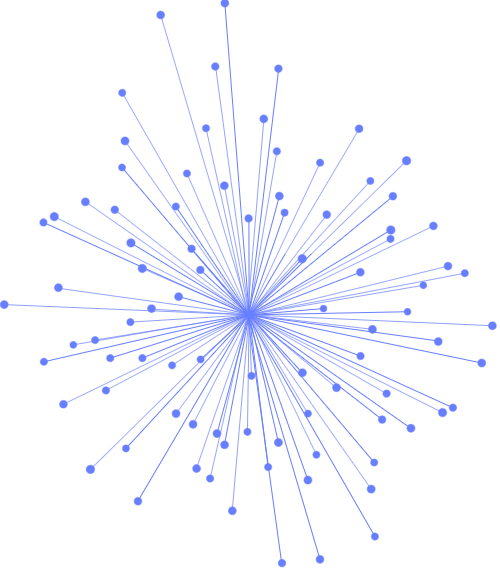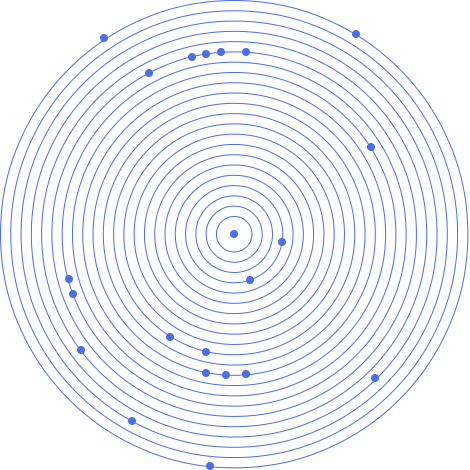
"Our tailored course provided a well rounded introduction and also covered some intermediate level topics that we needed to know. Clive gave us some best practice ideas and tips to take away. Fast paced but the instructor never lost any of the delegates"
Brian Leek, Data Analyst, May 2022








SOA 2.0 is the combination of traditional Service Oriented Architecture and Event-Driven Architecture. Software modules (such as Web Services) become related to Business Components, and real-time alerts and event notifications brought in to the orchestration too.
The original SOA concept was not typically event-driven - rather it has traditionally featured direct calls from one piece of software to another in a client-server process.
Oracle and Sun are championing the implementation of SOA 2.0, through their respective Fusion Middleware and JavaEE enterprise platforms.
The substance of SOA 2.0 is considered by some parties as purely "Advanced SOA"...However you want to label it, there are several important features which should prove beneficial to any organisation striving to implement a Service Oriented Architecture to improve its workflow and business processes.
The fusion of SOA and EDA into ED-SOA
Combining events and services
Business rule processing
Transforming messages
Solicit-Response
Different ways of thinking about problem solving
WS-Eventing
Potential overlap between SOA and EDA
Standardizing event processing rules
Decoupled interactions
Publish/Subscribe messaging
Many-to-many communications
Event-based triggers
Asynchronous interactions
How does ED-SOA support faster responses?
Event processors
Using a dashboard
Event monitoring
Event infrastructure
Propagation of events
Kicking off a business process
Triggering actions
Subscribing to an event
The ESB and event propagation
Complex event processing
Event consumers
Event producers
Storing and forwarding events
Facilitating system responsiveness
Triggering actions
Subscribing to an event
The ESB and event propagation
Complex event processing
Event consumers
Event producers
Storing and forwarding events
Facilitating system responsiveness
Standard-based connectivity
Transport services
Message routing capabilities
Message transformation features
Event services
Mediation capabilities
Protocol mediation
Content mediation
Configuring a simple ESB solution
Pervasive integration
Reliable integration
Delivery modes
Subscription managers
Notations and terminology
Subscription messages
Notifications
Faults
Security considerations
Message security
Access control
CQL - Complex Query Language
Event Attributes or properties
Granularity of events
Using timestamps
Creation time and arrival time
Event processing language (EPL)
Event processing agents (EPA)
Composite events
Derived events
Event source and event channel
Discovering event patterns
Commands
Queries
Event pattern monitoring
Monitoring for control of process execution
Event cascade
When to use event patterns
Event sourcing
Structuring the event handler logic
Reversing events
Importance of a Service level agreement
Keeping services within the agreement
Instances violating the SLA
Priority for executing risk assessment steps
Building autonomous processes
Monitoring and event pattern triggering
Dependence between events
Software Tools for ED-SOA
Event-optimized runtimes
Supporting bulk application of rules
Dynamic data-driven event definition
Agents and streams
Guaranteed pause times
Sensors and event-processing agents
Responders
Building of processes facilitated by ED-SOA
ED-SOA constructed using BPM
CEP principles as component of ED-SOA
The increasing quest for control of BP
Real time autonomous operation
Gathering business intelligence from events
The way of the future


"Our tailored course provided a well rounded introduction and also covered some intermediate level topics that we needed to know. Clive gave us some best practice ideas and tips to take away. Fast paced but the instructor never lost any of the delegates"
Brian Leek, Data Analyst, May 2022
“JBI did a great job of customizing their syllabus to suit our business needs and also bringing our team up to speed on the current best practices. Our teams varied widely in terms of experience and the Instructor handled this particularly well - very impressive”
Brian F, Team Lead, RBS, Data Analysis Course, 20 April 2022

Sign up for the JBI Training newsletter to receive technology tips directly from our instructors - Analytics, AI, ML, DevOps, Web, Backend and Security.
Our EDA SOA training focuses on building and analyzing an architecture framework that builds upon the SOA reference architecture. Services are used as event generators, signifying a problem or impending problem, an opportunity, a threshold, or a deviation. Upon generation, the events are immediately disseminated to all interested parties (human or automated). The interested parties evaluate the event, and optionally take action. The event-driven actions may include the invocation of a service, the triggering of a business process, and/or further information publication/syndication.
During the course, we will discuss patterns to generate viable, agile architectures that can be comprised of a blend of architecture strategies, including (but not limited to) service-oriented architecture, event-driven architecture, process-based architecture, federated information, enterprise integration and open source adoption. There will be many opportunities to reflect on your own organization and how you can blend these architectures into one overarching solution for your specific business.
CONTACT
+44 (0)20 8446 7555
Copyright © 2025 JBI Training. All Rights Reserved.
JB International Training Ltd - Company Registration Number: 08458005
Registered Address: Wohl Enterprise Hub, 2B Redbourne Avenue, London, N3 2BS
Modern Slavery Statement & Corporate Policies | Terms & Conditions | Contact Us
POPULAR
AI training courses CoPilot training course
Threat modelling training course Python for data analysts training course
Power BI training course Machine Learning training course
Spring Boot Microservices training course Terraform training course